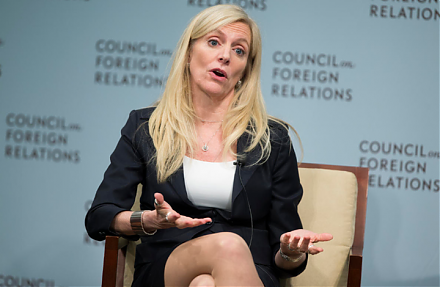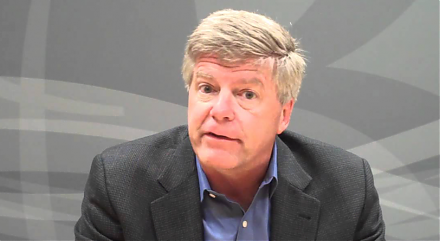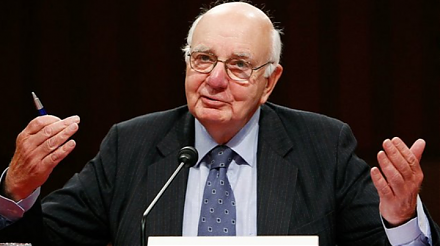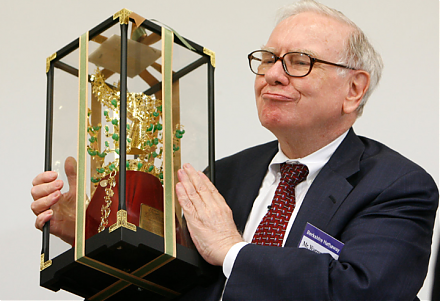

2019-03-03 10:39:00 Sun ET
stock market competition macrofinance stock return s&p 500 financial crisis financial deregulation bank oligarchy systemic risk asset market stabilization asset price fluctuations regulation capital financial stability dodd-frank
Tech companies seek to serve as quasi-financial intermediaries. Retail traders can list items for sale on eBay and then acquire these items economically on Amazon for direct shipments when busy buyers place orders on eBay. These retail traders serve as information arbitrageurs and so clip spreads between the divergent prices on Amazon and eBay. This online information arbitrage occurs often enough to be a viable business. From a practical perspective, this information arbitrage proves to be a valuable service at a market price.
Time is finite and human attention is precious so that the intermediary service often turns out to be worthwhile for better immediacy and convenience. In a similar vein, the online search website for real estate, Zillow Group, now attempts to serve as a quasi-financial intermediary for both home purchases and mortgage loans. Zillow brings back its co-founder and former CEO Richard Barton to lead this ambitious transformation. Zillow now transforms how Americans buy and sell their real estate properties as the tech platform uses both big data analysis and artificial intelligence to change how these residential owners and investors shop for homes with mouse clicks and satellite maps. Busy buyers pay for immediacy and convenience when they shop for homes on Zillow.
In addition to Amazon-eBay information arbitrage and Zillow real estate, Apple and Goldman Sachs enter into a strategic alliance to expand the credit card business. Apple pairs the new credit card with key iPhone features such as Face ID to better serve its active users. This credit card piggybacks on the Mastercard network and offers 2% cash rewards for most online purchases. Beyond cash bonuses, Apple and Goldman Sachs hope to leverage the Wallet app for tracking account balances and rewards for better personal finance management.
Like Goldman Sachs, big banks shift operational focus from their prior reliance on capital-intensive risk businesses to tech platforms for their tech-savvy clients. In light of financial distress and post-crisis regulation, big banks prefer to build online platforms for their key institutional clients to trade bonds, funds, and other complex securities. The banks accumulate fees and commissions when these transactions happen for the mutual benefits of both banks and institutional investors themselves. This fresh logic explains why Apple and Goldman Sachs can now work together to strengthen their credit card business. Nowadays Amazon-eBay arbitrageurs and tech titans such as Apple and Zillow seek to serve as quasi-financial intermediaries.
If any of our AYA Analytica financial health memos (FHM), blog posts, ebooks, newsletters, and notifications etc, or any other form of online content curation, involves potential copyright concerns, please feel free to contact us at service@ayafintech.network so that we can remove relevant content in response to any such request within a reasonable time frame.
2023-05-07 10:27:00 Sunday ET

William Easterly critiques several economic development policies and then indicates that bottom-up solutions often result in macro policy success in spite o
2018-10-11 08:44:00 Thursday ET

Treasury bond yield curve inversion often signals the next economic recession in America. In fact, U.S. bond yield curve inversion correctly predicts the da
2020-11-24 09:30:00 Tuesday ET

Many analytic business competitors can apply smart data science to support their distinctive capabilities and strategic advantages. Thomas Davenport and
2018-04-26 07:37:00 Thursday ET

Credit supply growth drives business cycle fluctuations and often sows the seeds of their own subsequent destruction. The global financial crisis from 2008
2018-05-27 08:33:00 Sunday ET

The Federal Reserve proposes softening the Volcker rule that prevents banks from placing risky bets on securities with deposit finance. As part of the po
2018-09-09 13:42:00 Sunday ET

Warren Buffett shares his key insights into life, success, money, and interpersonal communication. Institutional money managers and retail investors ca